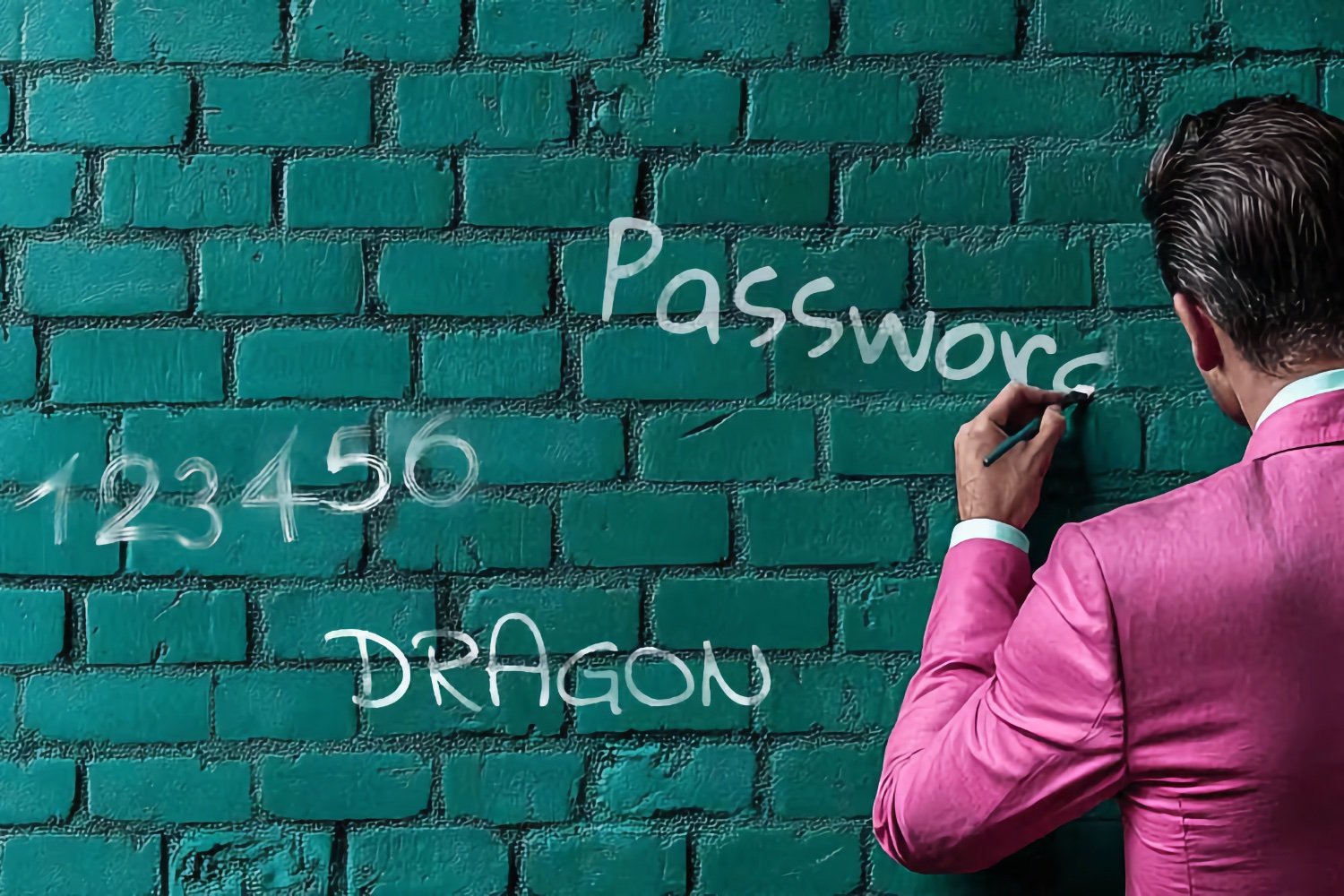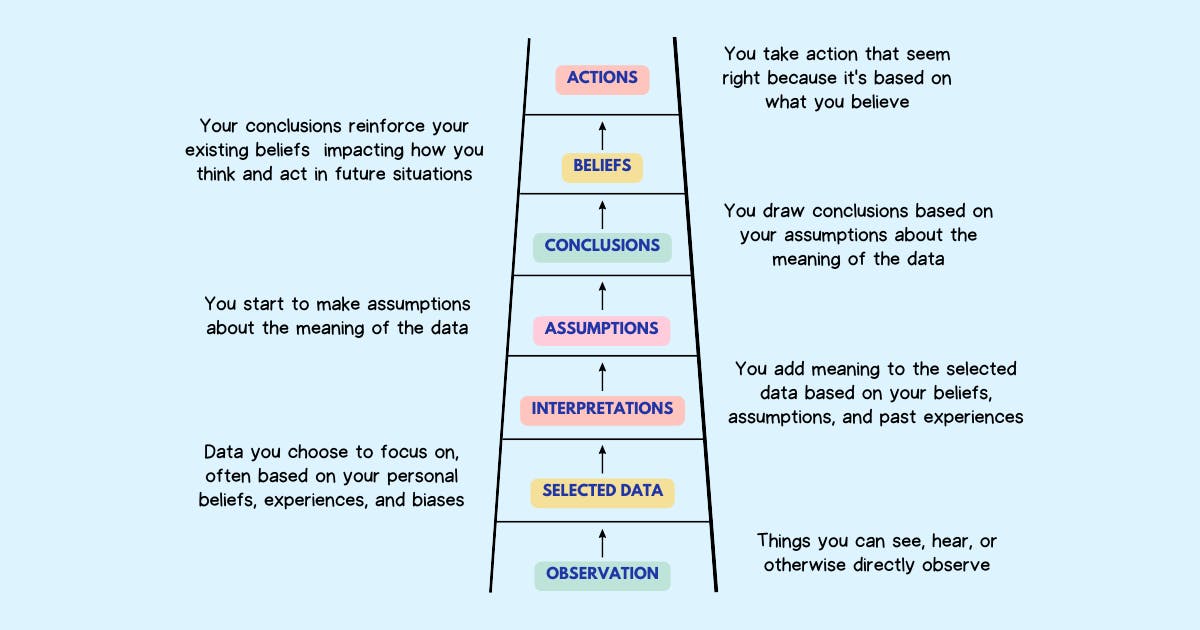Password manager NordPass has once again analyzed a gigantic 2.5 terabyte database, including data from the dark web, to establish the list of the most common passwords. Unsurprisingly, simplistic combinations continue to dominate the world rankings. At the top, “123456”, followed by “123456789” and “12345678”. These sequences of numbers, quick to grasp but catastrophic in terms of security, are systematically tested by hackers during attacks.
Champions of simplicity
The famous “password”, long number one, fell to fourth place. The “Qwerty123” variant, which also appears in the top 10 worldwide, has established itself as the preferred code of Internet users in several countries, including Canada and Norway. A trend that NordPass describes as worrying, because these passwords can be cracked in less than a second using specialized algorithms.
In France, the situation is just as disappointing. “123456” remains the most used, followed by “azerty” and “qwerty123”. Terms like “doudou”, “chouchou” or even “marseille” are appearing, revealing cultural and personal influences in the choice of passwords. A practice which, according to NordPass, increases the risk of intrusion.
For the first time, NordPass explored the differences between personal and work passwords. Verdict: 40% of passwords used in these two contexts are identical. An alarming situation, because terms like “admin”, “newuser” or “welcome”, frequently encountered in professional environments, facilitate targeted attacks on sensitive systems.
Karolis Arbaciauskas, product manager at NordPass, analyzes this phenomenon: “ Whether at work or at home, the criteria for choosing a password remain the same: practicality, personal habits and cultural environment. » An approach that highlights the urgent need to educate users about good practices.
To protect your accounts, it is essential to choose sufficiently long and complex passwords. The ideal? At least 12 to 20 characters, with a mix of upper and lower case letters, numbers and special symbols. Avoid obvious terms like your date of birth, your first name, or common words like “password” or “123456.” A unique password for each account is also essential. If you reuse the same password for several services, a simple compromise can open the doors of all your accounts to hackers.
Managing many unique and complex passwords can seem daunting, but password managers are here to make it easier. These tools allow you to automatically generate robust codes and store them securely. You only need to remember one master password to access all your login details. Make sure this master password is particularly strong, as it represents the key to your security. Supplement this with enabling two-factor authentication (2FA), which adds an extra barrier through secondary verification, often through your phone.
To go even further, think about emerging technologies like passports. These access keys replace traditional passwords by relying on biometrics (fingerprints, facial recognition) or physical security keys. More secure and practical, they are starting to become more popular in large companies and on online platforms. Although they are still being adopted, passkeys represent a future solution to strengthen the protection of your data. In the meantime, a combination of complex passwords and management tools remains the best way to counter cyberattacks.
If the road to better cybersecurity is still long, each user can already take a first step by abandoning “123456” and other codes that are too easy. A simple precaution to protect personal and professional data.
🟣 To not miss any news on the WorldOfSoftware, , .











